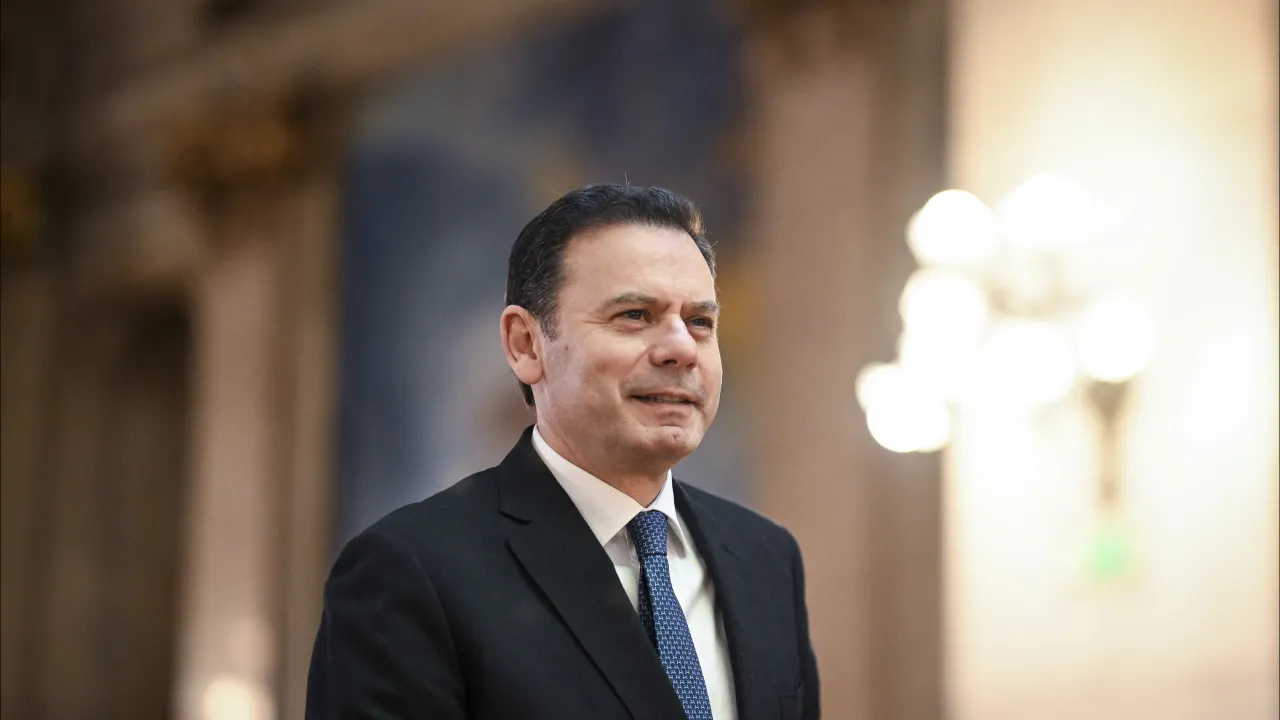
© PATRICIA DE MELO MOREIRA / AFP) (Photo by PATRICIA DE MELO MOREIRA/AFP via Getty Images
A “regulated and humanistic immigration” is the fourth priority axis of the program now submitted to Parliament.
In the document, the Government advocates revising the nationality law by extending the minimum period of residence and effective presence in national territory, eliminating the possibility for illegal stay to be counted toward this time, and ensuring that anyone acquiring Portuguese nationality has an effective relationship and successful integration in the country.
The current deadline for obtaining citizenship is five years, counted from when the immigrant holds a resident title, which is below the community average.
The Democratic Alliance (AD) Government has discussed the possibility of extending this timeframe, which could double.
In the proposal presented today, the executive mentions promoting a revision of the immigration and asylum law to limit migratory flows, particularly family reunification, according to the capacity of public services and Portuguese society’s integration ability.
They also intend to restrict job-seeking visas to highly qualified candidates and consider introducing advancement criteria in Portuguese language proficiency in certain residence permit renewals.
In the document, the Government promises to review the process of Issuing Residency Certificates by parish councils by creating a centralized registration system and imposing limits on the number of testimonials and limits per property.
To support the exit of immigrants from the country, the AD will create and implement the Good Return Program, supporting all who wish to return to their country of origin but cannot do so independently.
After being rejected by the opposition in the previous legislature, the AD wants to proceed with creating a National Unit for Foreigners and Borders of the PSP to ensure the effectiveness and humanity of border control, return, and asylum policies.
They also aim to create a new rapid and effective regime for expelling foreigners in illegal situations, in line with new regulations under discussion in European forums.
In a text focused on regulation and security measures, in the integration chapter, the government advocates measures based on the “rights and duties” logic, particularly for students in schools, accessing public services, and through community and territorial interventions that promote learning of Portuguese language and culture and prevent the formation of enclaves closed to community integration and respect for Portuguese constitutional values.
“We will not accept Portugal returning to being a country of uncontrolled immigration, where the State does not know who is here, where they are, with what criminal background, and what they do. We have witnessed several years of criterialess or uncontrolled immigration, which dehumanized those we received and corroded social cohesion,” the document states.
The text accuses the PS of promoting a policy “marked by easy and irresponsible changes to the immigration law, the catastrophic extinction of the SEF, the abolition of border controls and criminal checks, the accumulation of over a million pending processes, and the dismantling of integration policies.”
For the AD, the socialist immigration policy between 2017 and 2024 generated “one of the greatest demographic shocks in the country’s history, without the State, public services, and society being prepared,” an “irresponsibility” that “caused inhumanity for those who arrived and unease in the country.”
On the other hand, the executive wants to “adopt mechanisms and procedures that promote and favor the attraction and retention of highly qualified talent from abroad, including Portuguese emigrants and lusodescendants.”
The AD Government always refers to 2017, during the socialist government, stating that the number of foreigners in Portugal doubled, pressuring public services for a non-existent response.
Additionally, “for the first time there was a significant part coming from other regions, with different cultures, customs, and religions,” an “enormous wave of immigration (…) without control” which, according to the AD, was due to the wrong policies of previous governments and “made Portugal the entry gate to Europe for illegal immigration.”




